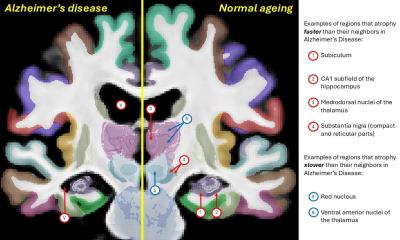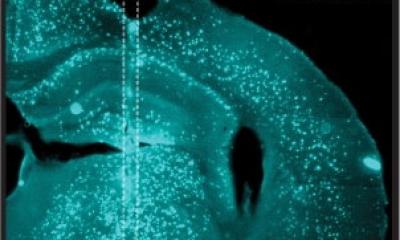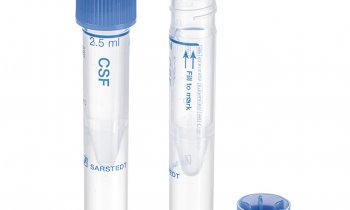News • TOM-1 for the brain
This brain protein could put the brakes on Alzheimer’s
Biologists from the University of California, Irvine have made a major finding on combating inflammation linked to Alzheimer's disease.
The School of Biological Sciences researchers’ discovery about the role of a protein called TOM-1 heralds a shift toward examining the molecular underpinnings of Alzheimer’s processes. Their study appears online in Proceedings of the National Academy of Sciences. “Scientists have known for a long time that inflammation is a driver of Alzheimer’s disease, but inflammation is complex and involves many factors,” said School of Biological Sciences Dean Frank LaFerla, Ph.D., whose laboratory conducted the research. “That’s why we decided to look at TOM-1.”

The protein helps to regulate a key component of the inflammatory response. “We were interested in TOM-1 because its levels are low in the Alzheimer’s brain and in the brains of Alzheimer’s rodent models,” said Alessandra Martini, Ph.D., the paper’s first author and a postdoctoral researcher who worked with LaFerla. “However, its specific role in the disease has largely been unexplored.”
The scientists discovered that reducing the amount of TOM-1 in Alzheimer’s rodent models increased pathology, which included increased inflammation, and exacerbated cognitive problems associated with the disease. Restoring TOM-1 levels reversed those effects. “You can think of TOM-1 as being like the brakes of a car, and the brakes aren’t working for people with Alzheimer’s,” LaFerla said. “This research shows that fixing the brakes at the molecular level could provide an entirely new therapeutic avenue. With millions of people affected by Alzheimers and the numbers growing, we must research a diverse portfolio of approaches so we can one day vanquish this terrible disease.”
Source: University of California, Irvine
08.10.2019











